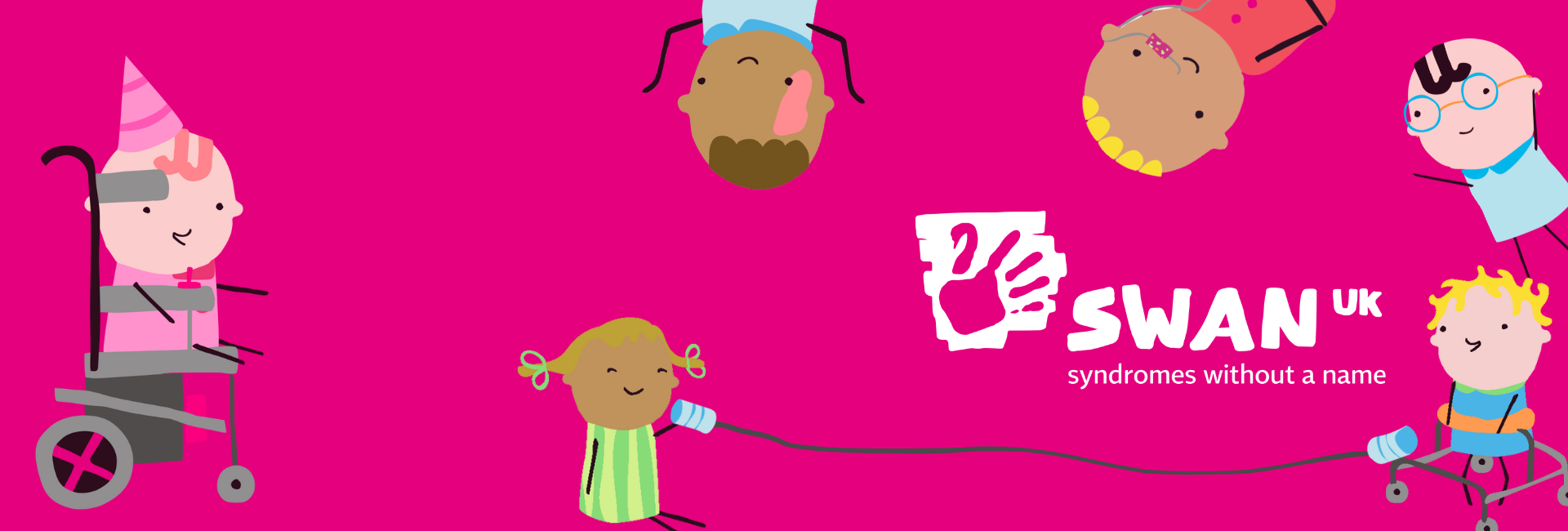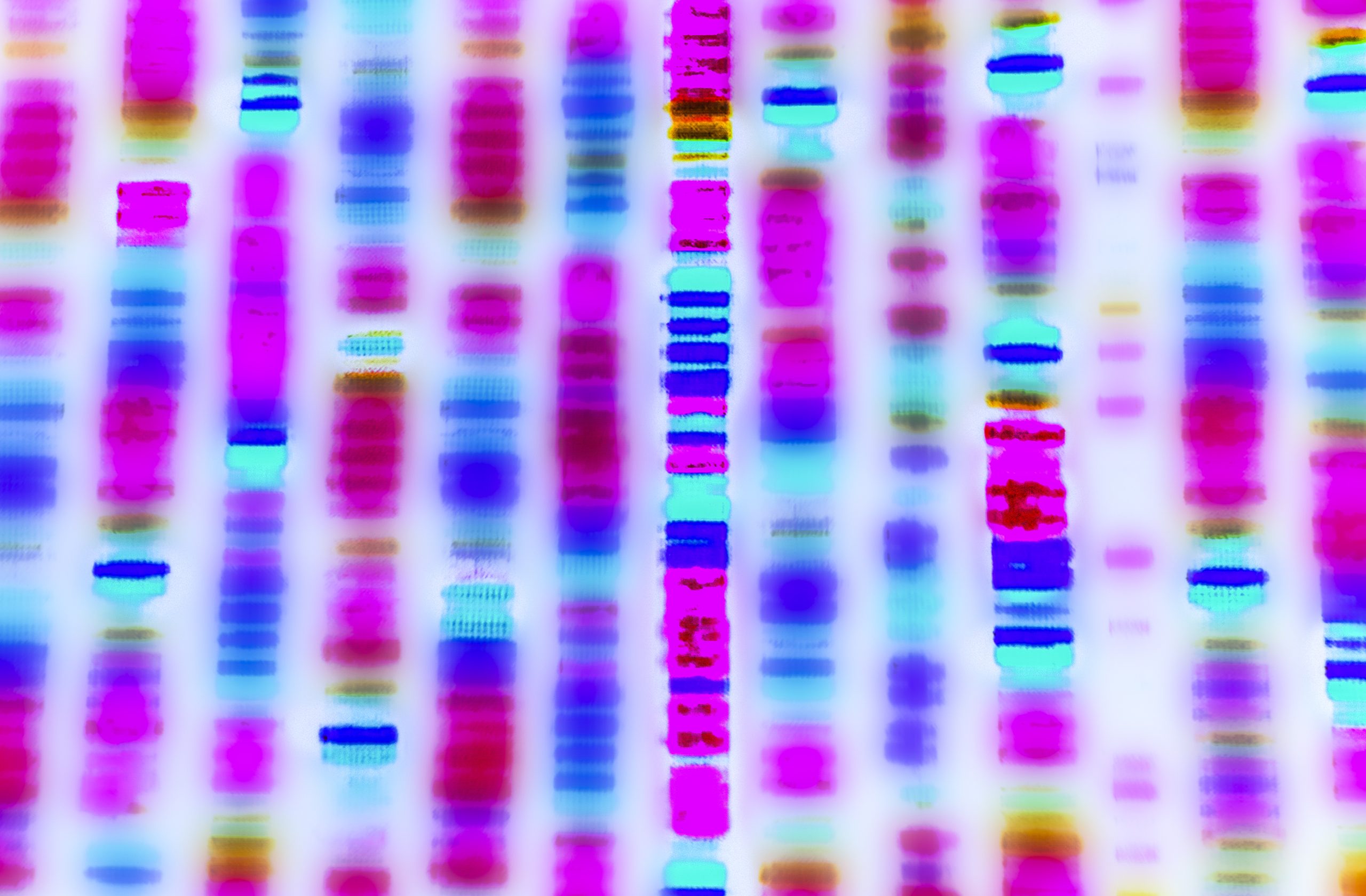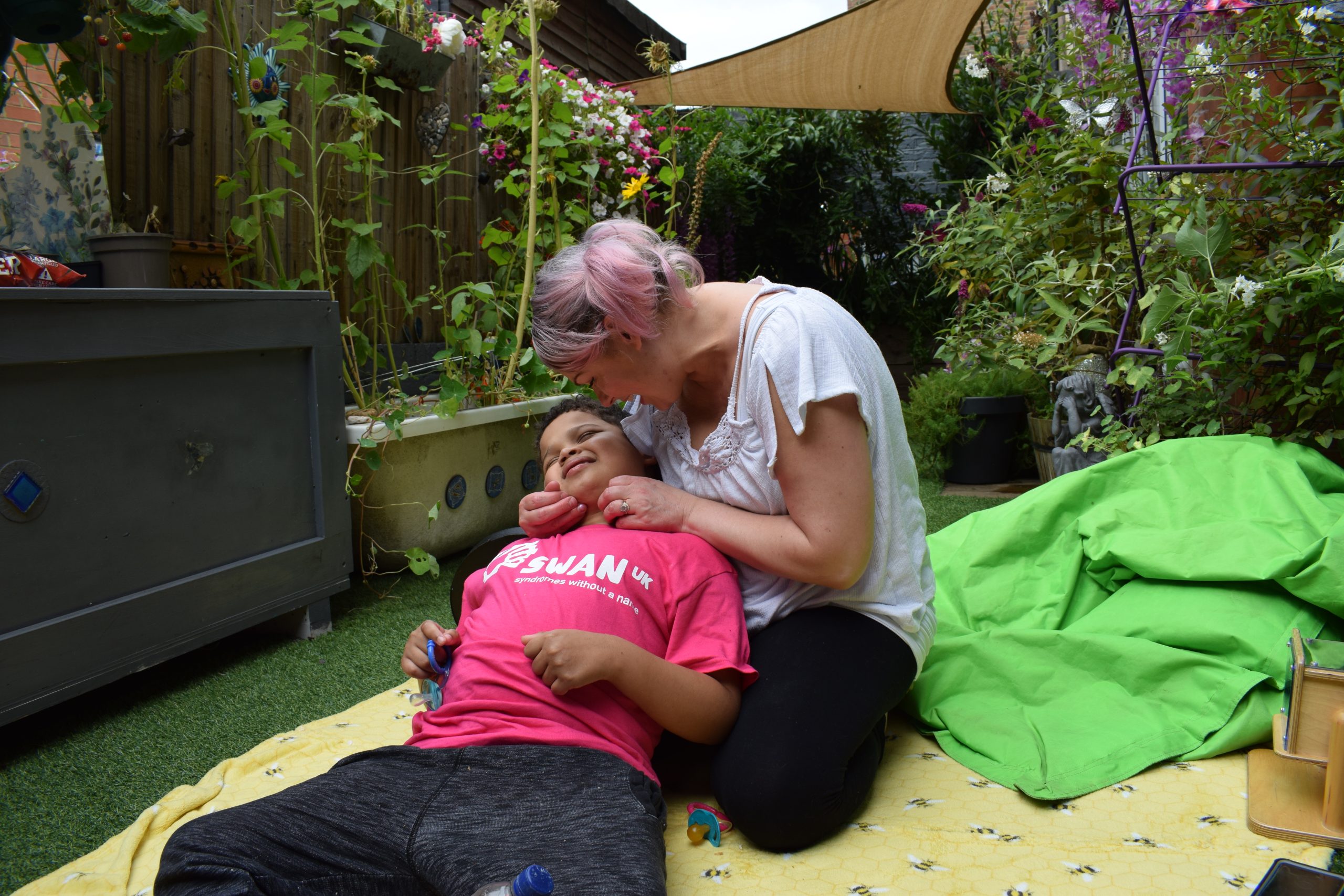SWAN UK is the only dedicated support network in the UK for families affected by a syndrome without a name – a genetic condition so rare it often remains undiagnosed.
The aim of SWAN UK is that every family gets the support that they need, regardless of whether or not they have a diagnosis. Our work involves:
- Developing and supporting the undiagnosed community. We focus on building and nurturing a community for families of children with undiagnosed genetic conditions
- Providing high-quality information and services. This ensures that families have access to the best possible support and information
- Raising awareness of syndromes without a name. We work to increase public and professional understanding of the unique challenges that families face
SWAN UK community membership is completely free, with registration quick and easy.
Join here

Who does SWAN UK support?
We work with families of children and young adults up to 25 years old who are affected by an undiagnosed genetic condition.
If you answer ‘yes’ to any of the following questions we are here to help.
- Have you been told your child has global developmental delay (GDD) or failure to thrive but not told the reason why?
- Is your child suspected to have a rare or genetic condition but more testing is needed to try and identify which one?
- Does your child have unexplained medical, learning or physical disabilities?
- Has your child received genetic testing results that were negative or with a variant of unknown significance?
- Did your child take part in the Deciphering Developmental Disorders (DDD) study or the 100,000 Genomes Project, but you still don’t have a diagnosis?
I’ve recently discovered that my child might have an undiagnosed condition
People new to the SWAN UK community often feel a mixture of intense emotions, including frustration and anxiety. This might stem from a lack of support for you and your family, and professionals being unable to provide answers to the issues that your child is facing.
No matter what your circumstances are, SWAN UK welcomes you to the community. We’re here to support you and your family through your journey.
If you’re new to the SWAN UK community, these resources may be useful:
Additional support
- If you or a loved one is affected by an undiagnosed genetic condition and you’re in crisis, please contact Samaritans (telephone 116 123/ email [email protected]).
- Contact provides a Listening Ear service where parents and carers of disabled children can get practical and emotional support through 1 to 1 telephone appointments.
- Rareminds Wellbeing Hub can help you navigate some of the more common emotional challenges that are often shared across rare, genetic and undiagnosed conditions.
Undiagnosed conditions explained
Get an explanation on single gene, chromosomal or complex disorders and more.
Learn more
What does SWAN or being undiagnosed mean?
SWAN stands for syndromes without a name. It is not a diagnosis in itself, but a term used when a child or young adult is believed to have a genetic condition and testing has failed to identify its genetic cause. Syndromes without a name are also referred to as: undiagnosed genetic conditions, unknown genetic conditions, and undiagnosed genetic disorders.
Children affected by a syndrome without a name can have a range of different symptoms and each child is likely to be affected differently. However, many SWAN children are described as having global developmental delay, learning and/or physical disabilities or complex medical needs.
Download our flyer
Read, download and share our latest flyer about SWAN UK
SWAN UK flyer 2024
What support does SWAN UK offer?
Our thriving community of individuals and families affected by a syndrome without a name provides a vital support network. This includes:
- Online forums for families to connect, share experiences, and access support 24/7
- Fun and inclusive events. We organise regular virtual coffee meet ups for parents, host online events, such as virtual discos and are looking forward to re-introducing face-to-face family events and information events
- An understanding, empathetic and informed team. Through the SWAN UK team, which sits as part of Genetic Alliance UK, we provide those within the SWAN UK community with a way to get better informed about undiagnosed genetic conditions, and important updates in research and policy
- Educational outreach. We support the SWAN UK community and healthcare professionals, by educating those working in the NHS about the challenges faced by families affected by a syndrome without a name
- A chance to develop personally and professionally by volunteering as a SWAN UK Parent Rep
To get all the benefits of SWAN UK, be sure to register for your free membership. For more information, contact the SWAN UK team.

Meet our SWAN UK families
By being part of the SWAN UK community, you will be welcomed into a warm network who understand the daily challenges of families affected by undiagnosed conditions. We’re always delighted to share the stories of SWAN UK families, who give us and others an insight into their lives.
Check out previous SWAN UK stories here









